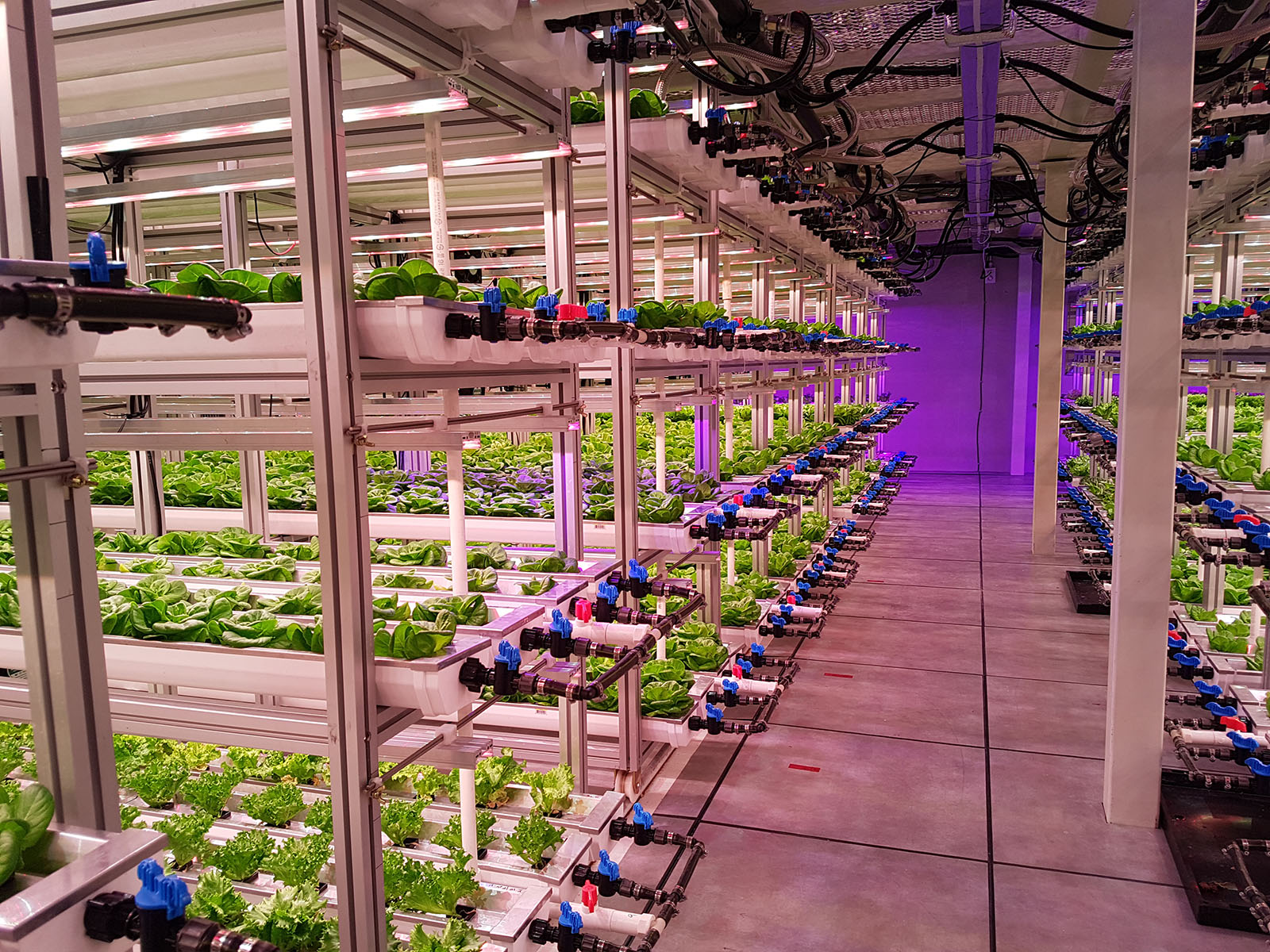Regarding sugar and slavery - having watched the various sweetmaker documentaries/historical re-creations - in the Georgian period there was the equivalent of Free Trade brand - sugar not harvested by slaves. Confectioners would have signs in their window to say they stock product made from that sugar - and it was more expensive.
Pumped storage - there is a lot of misunderstanding about that. Yes, it can be used to store renewable energy, in theory, although it is a massive engineering project involving a lot of that ever green material, concrete and needs the right land layout - e.g. two reservoirs one at the top of a hill, the other at the bottom. BUT what it is currently used for is fast response electricity at peak demand - so at times of surplus electricity, the turbines/archimedes screws that run up through the channels between the top and bottom reservoir are used to pump water up to the top reservoir. At times when the National Grid has a sudden peak demand with the flick of a switch you send the water back down the tubes, turning the screws that now act as turbines to generate electricity. It is what it is currently designed for - to cover a sudden peak demand very quickly. It isn't intended and doesn't have the volume to run for days and days.
The National Grid is complex, with different types of energy generation. Gas turbines can respond quickly - if kept hot - but not as quickly as pumped storage. And the if kept hot is a bit of a kicker - there is always a rolling reserve on the National Grid with a gas turbine power station burning gas that is keeping the turbine blades hot, but not turning. This is because the turbine blade construction includes different metals, with different coefficients of thermal expansion, so if you shove superheated steam into a cold turbine at full whack, you break it. So the gas turbines are using gas, without generating electricity. One of these has to be on line all the time, especially when there is a lot of wind power coming into the grid, because wind power is very variable - the output varies with the cube of the wind speed - and if the wind drops you need the rolling reserve to kick in to avoid all the safety trips going and resulting in a black out. So one of the ironies of trying to put wind energy into the National Grid is that gas is burnt as a back-up, without said gas being used to generate electricity.
If you tried to run a National Grid type operation - as in constantly available power - by storing renewable generated electricity using pumped storage for example, you would need massive, countryside obliterating reservoirs - because there can be days at a time without sunshine, ditto wind. So you'd be trying to store days worth of electricity, not hours.
The Island of Eigg has its own renewable powered grid - here is how it operates
Eigg Electric - The Isle of Eigg. Basically you can only run one appliance at a time, and they are all low demand types - think caravan kettle not mains electric kettle.
Now to my mind, one of the ways to tackle overconsumption - and also to power say vertical farms without building masses more power generation - is rationing. It can be done and it has been done - remember the rolling power cuts of the 1970s? It is something central government can control.
During the fuel crisis, a national speed limit of 50mph was imposed, to save on fuel. That largely worked too (and reduced the number of car crashes).
Regarding green fallout - yes, total lack of joined up thinking. Another jolly that has been perpetrated in the last few years is diesel generator farms. Some soul in central government noticed all the emergency power generators around the country owned by hospitals and large institutions and said "hey if you'll allow us to use them from time to time as a top-up, we'll pay you" or basically wrote a subsidy for that. However the way the subsidy was written, led to entrepreneurs building diesel generator farms - including on green fields - all for the subsidy.
So one of the really key things for the future of the world, is fighting off short term non-joined up thinking plus trying to explain technical limitations to the non-technical (e.g. a lot of politicians).



